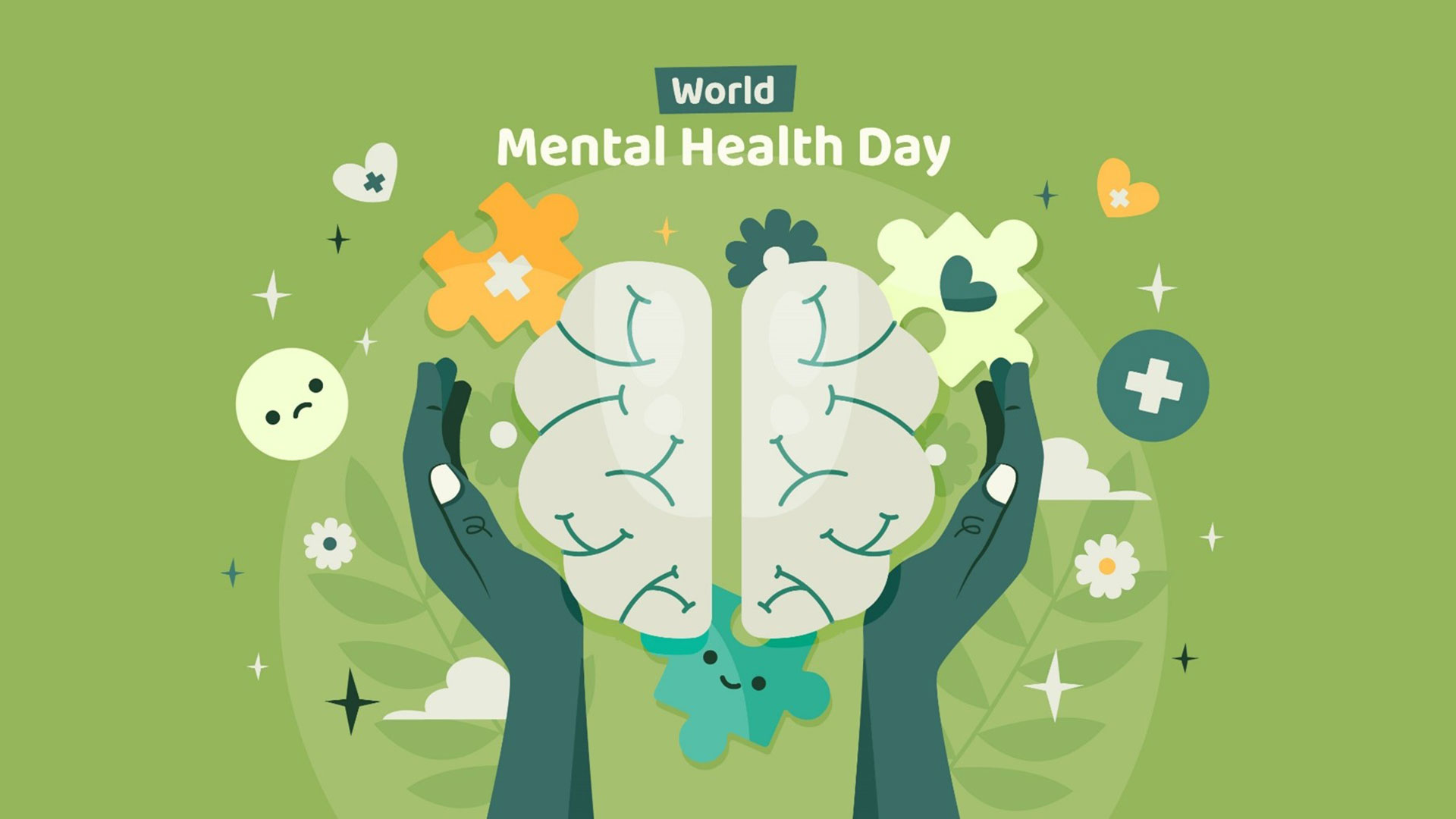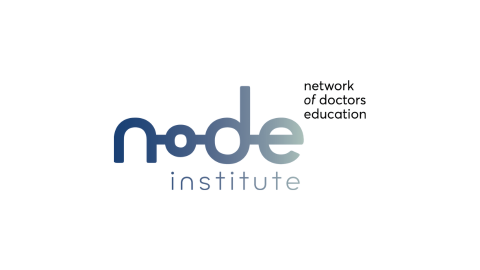In today's fast-paced and competitive world, professionals entrusted with organizing successful events, conferences, and congresses play an important role in fostering knowledge exchange and networking. At the same time, they are laden with responsibilities, tight deadlines, and high-pressure situations on the job, whilst also having to navigate various disruptions and make necessary adjustments in view of world crises.
Within this demanding framework, the importance of prioritizing mental wellness cannot be overstated - and this is something that global leadership across most business sectors, including the meetings industry, has certainly caught on to. As a result, over the past decade, there has been a transformative shift towards acknowledging the paramount importance of mental health and well-being in the workplace.
Mental Health Challenges
Professionals in the meetings industry face the pressures to deliver flawless events, meet client expectations and handle unforeseen issues, alongside dealing with internal team and HR issues, can lead to stress, anxiety, and burnout. Extended working hours and frequent travel can also affect work-life balance significantly.
The mental health of event planning professionals directly influences their performance at work, as stress and burnout, for example, can hamper creativity, problem-solving abilities, and decision-making. In contrast, a state of mental wellness promotes focus, resilience, and adaptability, enabling us to tackle challenges with a clear mind and a positive outlook.
Nurturing a Supportive Work Environment
Organizations like the World Health Organization have been instrumental in promoting mental health as a key aspect of overall health, impacting policies worldwide. To this end, the overall goal is to create a supportive work environment where everyone feels valued, encourage open dialogues about mental well-being and eliminate the stigma associated with discussing such issues.
Some useful practices that can be integrated into our policies in view of this aim include the following:
- Offer flexible working arrangements, such as remote work and flexible hours, to accommodate individual needs and reduce stress; and, generally, give more space to our teams whenever possible.
- Provide access to counselling services, stress management seminars and courses on mindfulness and resilience. These enhance skills and coping strategies, with many individual and collective benefits.
- Organize team-building activities and peer support networks to strengthen interpersonal relationships and improve team cohesion.
- Invest in training and education on mental health awareness and educate staff on mental health issues and coping mechanisms. Understanding the impact of mental health contributes to creating more compassionate and supportive work environments.
- Balance workloads and set realistic deadlines to prevent burnout. By encouraging time management and prioritization, teams can fulfil their responsibilities effectively, reducing the risk of being overwhelmed and stressed.
- Encourage team members to take regular breaks and utilize their vacation time is also essential for maintaining mental well-being.
- Regularly acknowledge and reward hard work and accomplishments, cultivating a sense of achievement and job satisfaction.
Resilience and Compassionate Leadership: The Path to the Future
In the high-pressure meetings industry, mental health considerations are fast becoming a top priority. This holistic view marks a substantive departure from conventional paradigms primarily focused on efficiency, productivity, and profit.
By recognizing challenges and implementing positive psychology strategies to promote well-being, we can create a genuinely supportive work environment that fosters both personal and professional growth.
Prioritizing mental health and putting compassionate leadership, kindness and compassion at the forefront ultimately leads to happier, more productive teams that, in turn, lead to even more successful events.
Article by
Dimitra Nassibian
Content & Communication Strategist, AFEA Partner
Sissi Lygnou, CEO, AFEA - Council Member IAPCO - President HAPCO&DES




